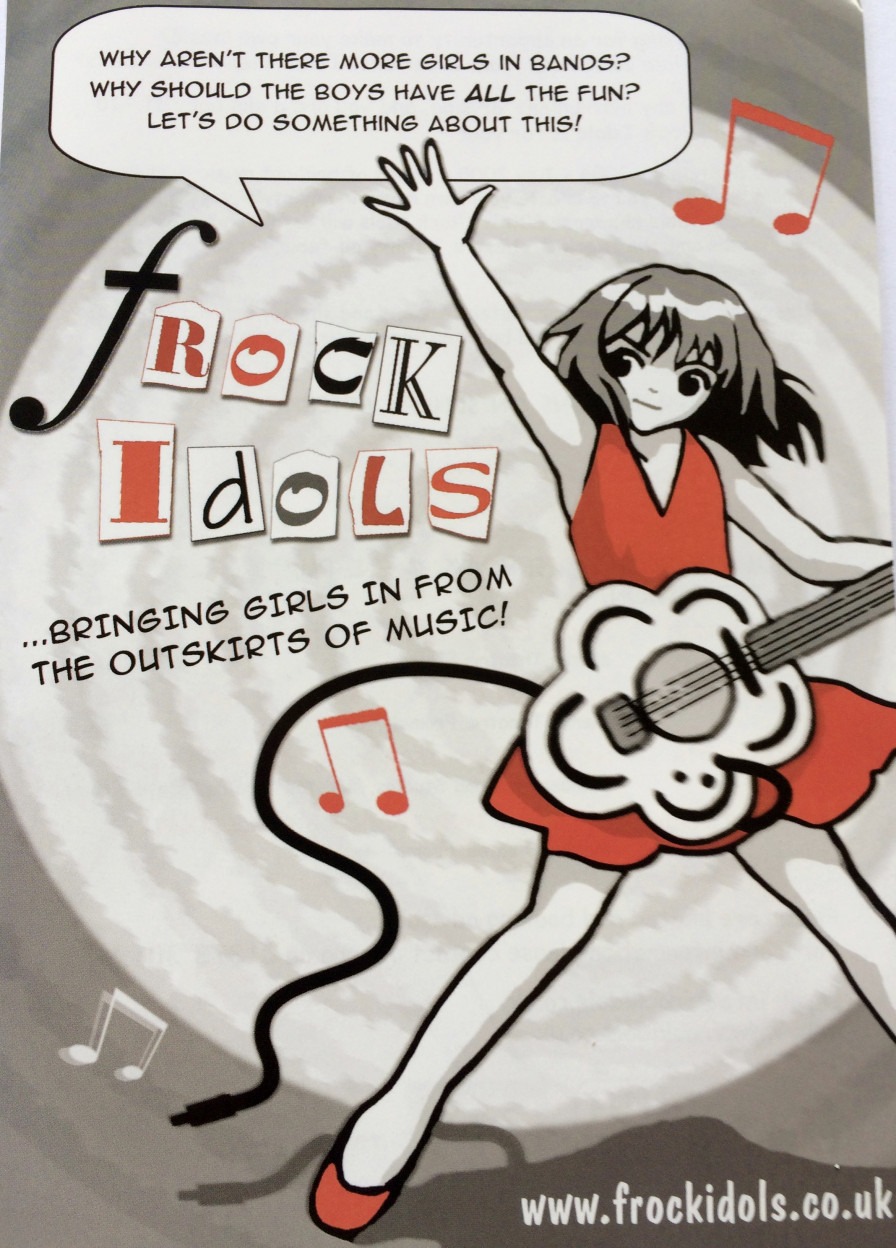Long term impact - what happens beyond evaluation?

What happens to young musicians after our projects end? Looking back at the long term impact of previous Youth Music funded projects.
Sustainability, legacy.
‘Sustainability’ – ‘’legacy’ – ‘signposting’ - these are familiar words to anyone who has ever run a project funded by Youth Music.
We evidence our outcomes, plan, adapt, and end our projects with reports, celebrations, gigs, conferences. We make films and publish images to show others how good our work has been.
In addition to this, we do our best to make sure that everyone we reach will have a musical future, and be inspired to simply carry on playing.
How do we know what long term impact looks like?
Long term impact could be obvious, or extremely subtle – it could be wide ranging, too : anything from soaring off towards musical excellence to increased social confidence and wider aspirations in life.
Of course, we want to know how lives are transformed by the funding granted to us.
Sadly, it’s fairly rare to be able to follow the long term journeys of young musicians after our work with them has ended. Final reports done, we might keep a few posters, flyers, and memorabilia, and hope that everyone just keeps playing.
Funding priorities… gender equality…
Funding priorities change. I’ve always been motivated by what we now call ‘musical inclusion’.
Chatting with a group of young people studying music recently, I asked them to identify some barriers to their progression as musicians. Without hesitation, both boys and girls agreed ‘’gender equality’ was an issue for them .
I suppose I was quite surprised to hear this was still regarded as a problem in 2016.
16 years ago I worked as a facilitator for Chard Festival of Women in Music, on two Youth Music projects called Girls Rock On! We supported girl bands to gain performance skills and write their own material.
Later, with Joanna Harvey, I co-ran fRock Idols, another Youth Music project that had many joyful outcomes such as the all-girl mixed genre ensemble fRock Orchestra, and some wonderful girl bands who recorded some excellent stuff.
This work brought many young women together, was great fun, and was seen to have a life beyond the project as two girl bands went on to build fan bases and gig around our area.
But what was the real impact on these young women? The social outcomes – did they grow and flourish as a result of all that input?
I often wonder, especially as all this happened in a rather misty hinterland before access to information technology, and hasn’t left a digital footprint.
A window on to long-term impact.
Nancy was a young woman who came to fRock Idols workshops in 2002, and quietly sat in on band rehearsals, holding a pencil and a blank sheet of paper.
After a few weeks, she began to fill the paper with lyrics.
Slowly, we persuaded her to get up and take the microphone.
I was fascinated by this – was it shyness, or was it integrity – thinking, waiting, feeling a way in to the music?
She was using her ‘real’ name back then – before she emerged into her music persona, and found her wings.
Our local paper featured Nancy Black in their arts section the other week.
Nancy says ‘Since an early age I have always wanted to perform, I used to put little plays on for my family and the neighbours, I guess, even then, I knew it was something I really loved to do.
Then when I was 16 a workshop was started in Frome that was designed to help young girls get into music and I was hooked, I got my first guitar and began to write.
At that point I hoped to achieve confidence as a performer and as a writer and that happened when I joined my first band as the lead singer.
We were an all girl pop-rock band and it we had just so much fun, I have a lot to thank that experience for.’
Nancy goes on to tell us about her journey :
I've certainly come a long way from when I started out, back then my genre was more indie-pop and as a solo artist I was a quiet, introverted girl who wanted to strum her guitar and sing about the world she was in.
But I've now matured as an artist and my style has changed, my music is much more commercial sounding now, with killer big dance beats to match.
As you can imagine, it’s great to read this and hear the plain evidence of how giving the opportunity to young women to gain confidence in writing, recording and performing really did make a difference.
To finish with Nancy’s words: I just want to say a massive thank you to all who have supported me as an artist so far, it really means a huge amount.
You can see more of what she does on instagram @nancyblackmusic and soundcloud/nancyblackmusic .
Does anyone else have stories like this to share?
